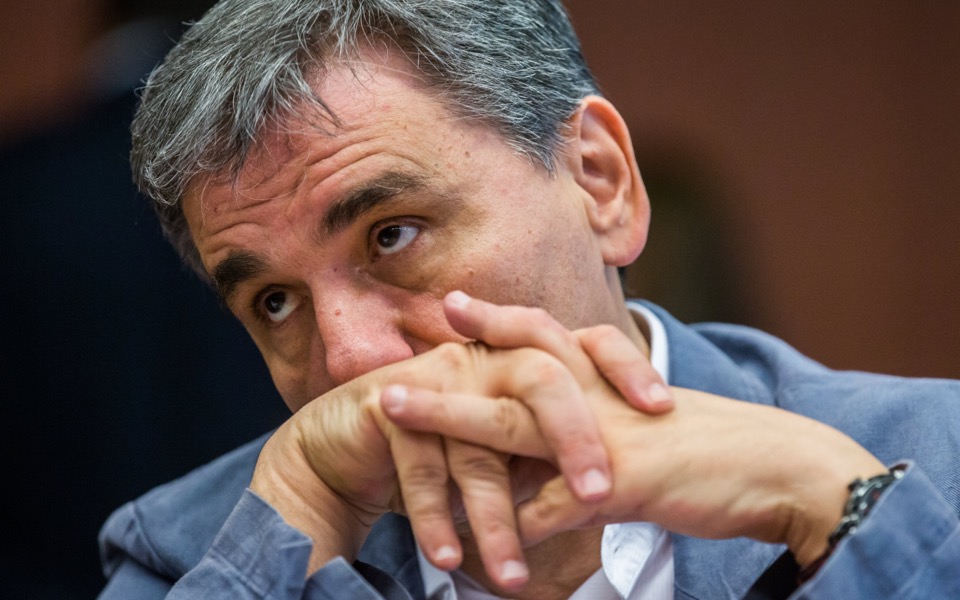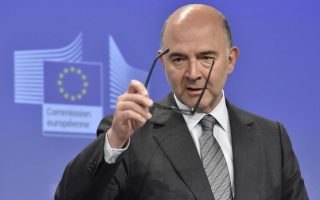Coalition feeling the heat after failing to secure funds, debt relief

The government was reeling on Tuesday from its failure, again, to clinch a deal at Monday’s Eurogroup to unlock much-needed rescue loans and to secure an agreement on debt relief measures after the end of the current bailout.
Eurozone chief Jeroen Dijsselbloem said Greece had made progress and that a broad settlement to unfreeze money including progress on debt relief was “close,” but deferred it to the next meeting of the 19 eurozone finance ministers on June 15.
But it was another blow for the government, which had hoped to at least secure the release of bailout funds after having met the demands of international creditors to legislate fresh cuts and austerity in Parliament last week. The parties of the opposition also spoke of a “shipwreck” at the Eurogroup.
Moreover, not reaching a deal on Monday turned up the heat on the government as it had convinced lawmakers of the coalition (SYRIZA and Independent Greeks) to vote the measures through Parliament with the prospect of receiving specifics about the debt relief measures.
For now, and in the crucial three-week period leading up to the next Eurogroup, Athens’s strategy will be to get the International Monetary Fund to join the Greek program – as countries including Germany and the Netherlands have said they will refuse to lend more money to Greece without the Washington-based organization’s participation.
Moreover, it will strive to persuade creditors to specify what sort of debt relief measures Athens can expect.
The differences on the way forward between the IMF and the eurozone were exemplified by the German-inspired proposal at the Eurogroup stipulating the IMF should join the bailout now, but without having to fund Greece until 2018.
The proposal, which was rejected, also suggested that the discussion of debt relief measures should be deferred until after Germany goes to the polls in September.
Given the disagreement between Germany and the IMF over the terms and timing of its participation, Athens also entertained the idea on Tuesday that it would be better if the Washington-based fund takes no part in the program, if there is no decision now.
“If it is not possible to bridge the differences between Germany and the IMF, then a decision should be taken immediately for [the IMF’s] non-participation in the Greek program,” government spokesman Dimitris Tzanakopoulos said on Tuesday. In light of this eventuality, he added that Greece and its European partners should discuss how to move forward with the current program.





